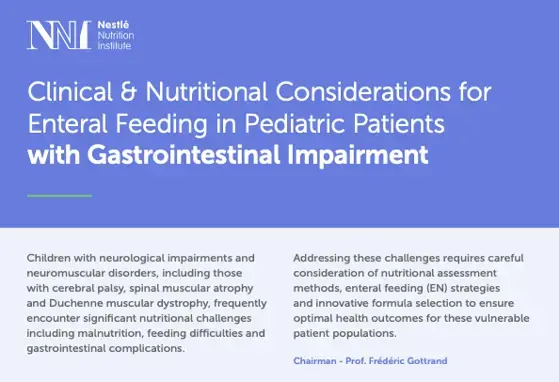Fish Oil in Third Trimester Tied to Higher BMI for Kids
Fish oil supplements during the third trimester of pregnancy were linked to higher BMI for offspring in early childhood, Danish researchers found in a randomized trial.
A daily fish oil supplement containing 2.4 g of n-3 long chain polyunsaturated fatty acids (LCPUFA) initiated at week 24 of pregnancy was tied to a higher BMI for the offspring before the age of 6 years compared with children born to mothers who took olive oil supplements (mean z-score difference 0.14, 95% CI 0.04-0.23, P=0.006), reported Hans Bisgaard, MD, of the University of Copenhagen, and colleagues.
However, there was no increased risk of obesity at age 6 years, they wrote in BMJ.
The authors stated that "the lack of an effect of n-3 LCPUFA in the first year of life in our trial could therefore reflect that n-3 LCPUFA supplementation has a general growth stimulating effect, which does not increase the risk of overweight or obesity."
At the age of 6, these offspring also had several significantly higher anthropometric measures:
- Higher BMI z-scores: mean difference 0.19 (95% CI 0.06-0.32, P=0.004)
- Higher weight/height: 3.48 g/cm (95% CI 0.38-6.57 g/cm, P=0.03)
- Larger waist circumference: 0.6 cm or 0.24 in (95% CI 0.0-1.2 cm or 0.0-0.47 in, P=0.04)
The only measures that weren't significantly higher for children exposed to fish oils in utero were height and head circumferences, the authors reported.
Although the number of children with overweight or obesity by age 6 were similar between the fish and olive oil groups, a higher proportion of children exposed to fish oils had a BMI z-score falling in the highest quartile (29% versus 21%, P=0.02). Similarly, a smaller proportion of these children fell in the lowest quartile for BMI z-score (21% versus 30%, P=0.02).
These findings were a bit surprising, the researchers said. "Potential explanations for the discrepancy between our findings and previous studies include differences in the dose and type of n-3 LCPUFA supplied, the timing of the supplementation, the trial design, and the accuracy of measurements," they wrote, adding that their fish oil dosage was higher than the 900 mg or 1.5 g doses used in most of the prior studies.
The current double-blind, randomized controlled trial included 736 pregnant women and their offspring who participated in the Copenhagen Prospective Studies on Asthma in Childhood study. Anthropometric measures were obtained a week after birth, and at ages 1, 3, and 6 months, as well as seven additional times until age 6 years. The fish oil supplements contained 55% eicosapentaenoic acid and 37% docosahexaenoic acid, while the olive oil supplements were comprised of 72% n-9 oleic acid and 12% n-6 linoleic acid.
DXA scans were also conducted at ages 3.5 and 6 years, which found children exposed to fish oils had a significantly greater total mass at age 6 compared with children exposed to the olive oil control (42.7 versus 41.8 lbs, adjusted mean difference 0.87 lbs, 95% CI 0.19-1.55 lbs, P=0.01).
Based on these scans, the researchers were able to determine that this difference in total mass seen for these offspring was attributed to a significantly higher amount of both lean mass (280.7 g, 95% CI 98.9-462.4 g, P=0.002) and bone mineral content (10.3 g, 95% CI 2.3-18.1 g, P=0.01).
These kids also had a slightly higher fat mass, although the difference wasn't significant (116.3 g, 95% CI -92.9 to 325.5 g, P=0.28). Finally, lean mass percentage and total body fat were similar between the two groups.
The follow-up to age 6 was a study limitation, but Bisgaard's group said they planned to follow this cohort into adulthood, and continue to assess whether the effects on growth and body composition related to fish oil exposure were maintained.
Source Reference: Bisgaard H, et al "Effect of fish oil supplementation in pregnancy on bone, lean, and fat mass at six years: Randomised clinical trial" BMJ 2018; DOI: 10.1136/bmj.k3312.
Links: https://www.medpagetoday.com/primarycare/dietnutrition/74920
If you liked this post you may also like

Beyond Nutrition: A Comprehensive Exploration of Obesity in Toddlerhood and Early Childhood

Luis Moreno - Complementary Food and Obesity - Annales Nestlé - Episode 14


Proceedings - Clinical & Nutritional Considerations for Enteral Feeding in Pediatric Patients with Gastrointestinal Impairment